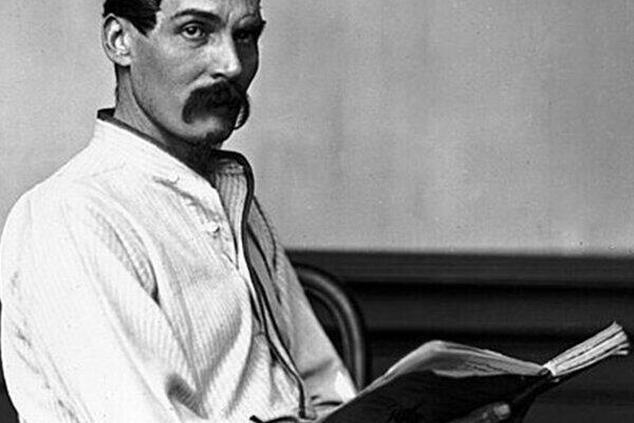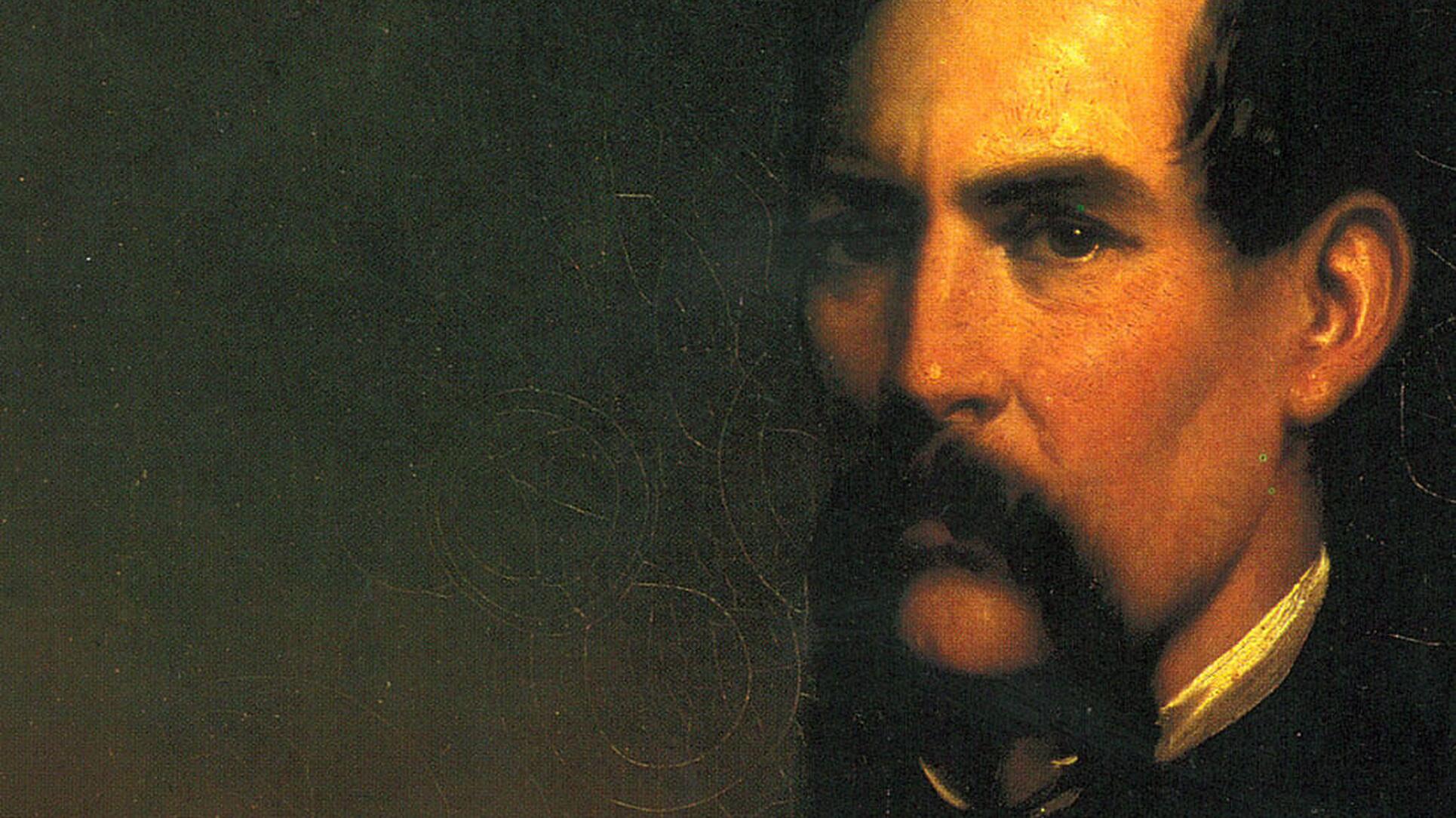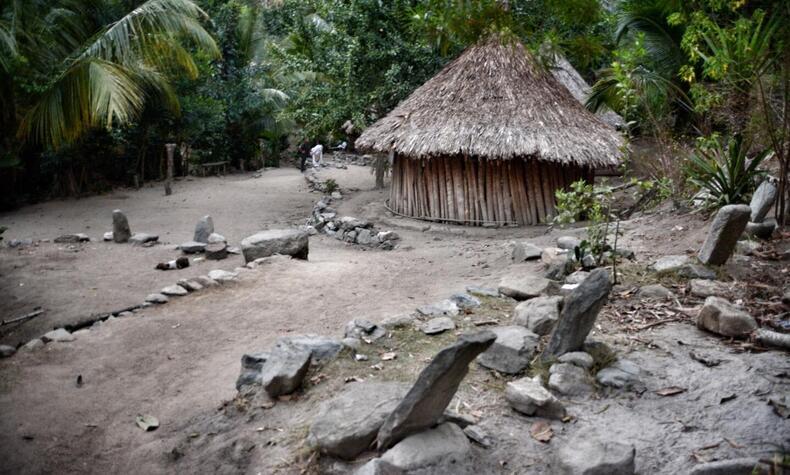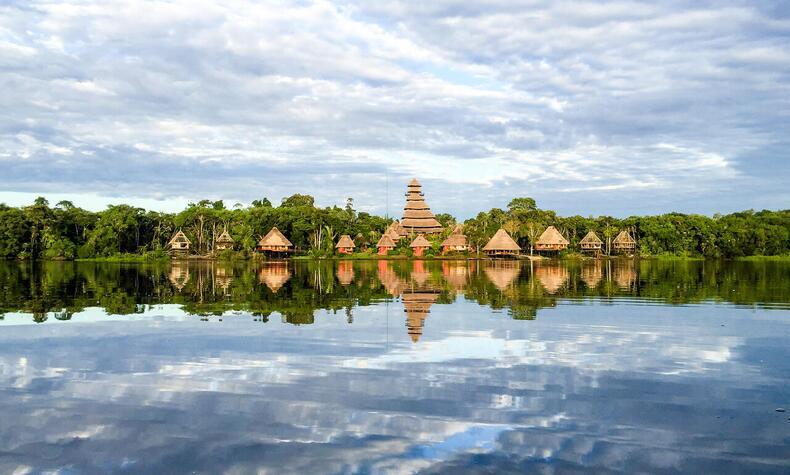Richard F. Burton, the explorer who translated "Arabian Nights"
There are people whose lives would be worthy of a travel and adventure novel. Richard Francis Burton could be one of them. This Oxford-educated British consul, orientalist, translator, and explorer was one of the most erudite and influential travelers of his time. His exceptional facility for learning languages (mastering a total of 29 languages to perfection) enabled him to travel the world and make discoveries such as Lake Tanganyika in Africa, and allowed him to translate texts like "The Thousand and One Nights".
Born in the British town of Torquay on March 19, 1821, Richard Burton was the son of a lieutenant colonel in the British army. As a child, he lived in different countries in Europe, which allowed him to learn French, Italian, Greek, and Latin. At the age of 19, he returned to England and entered Trinity College, Oxford, from where he was eventually expelled due to his bad temper and altercations with other students and professors. At Oxford, he learned Arabic, occultism, and fencing. He enlisted in the army to serve in the British East India Company and was posted to the province of Sindh, in present-day Pakistan. There he learned different dialects and mapped areas near the Red Sea.


Thanks to his mastery of the language and excellent pronunciation, he managed to infiltrate disguised, with a pseudonym, among local groups, access holy cities forbidden to Westerners, and reach Mecca. This journey and his experiences are recounted in his book "My Pilgrimage to Mecca and Medina", published in 1855.
In 1856, Burton traveled to Zanzibar with explorer John Hanning Speke on a trip funded by the Royal Geographical Society of London. The expedition, which was fraught with obstacles, incidents, and tropical diseases, culminated in the discovery of Lake Tanganyika in February 1858. During the return from the voyage, Burton fell ill, and Speke continued the expedition without him until he discovered Lake Victoria. Speke's theory was that Lake Victoria was the source of the Nile, a claim that Burton rejected, generating a major conflict that ended with the return of both to England, the reputation of Burton damaged.

Speke had the opportunity to return two years later to Lake Victoria to confirm his theory about the source of the Nile River. In 1860, Burton captured his adventures in African lands in the book "The Lake Regions of Equatorial Africa."
In 1861, Richard Francis Burton secretly married Isabel Arundell, a writer and translator belonging to one of the wealthiest families of the British nobility. The wedding took place in secret since Burton did not belong to the nobility. Elizabeth helped him throughout their marriage in the preparation of his travels, in some translations, and in finding publishers for his works. She was a very cultured and well-traveled woman who published different works set in Syria, Palestine, and Egypt.
After his marriage, Burton began his diplomatic career on the island of Fernando Poo, in present-day Equatorial Guinea, as British consul in what was then a Spanish colony. There, he set about exploring the Gulf of Guinea and the Congo River.
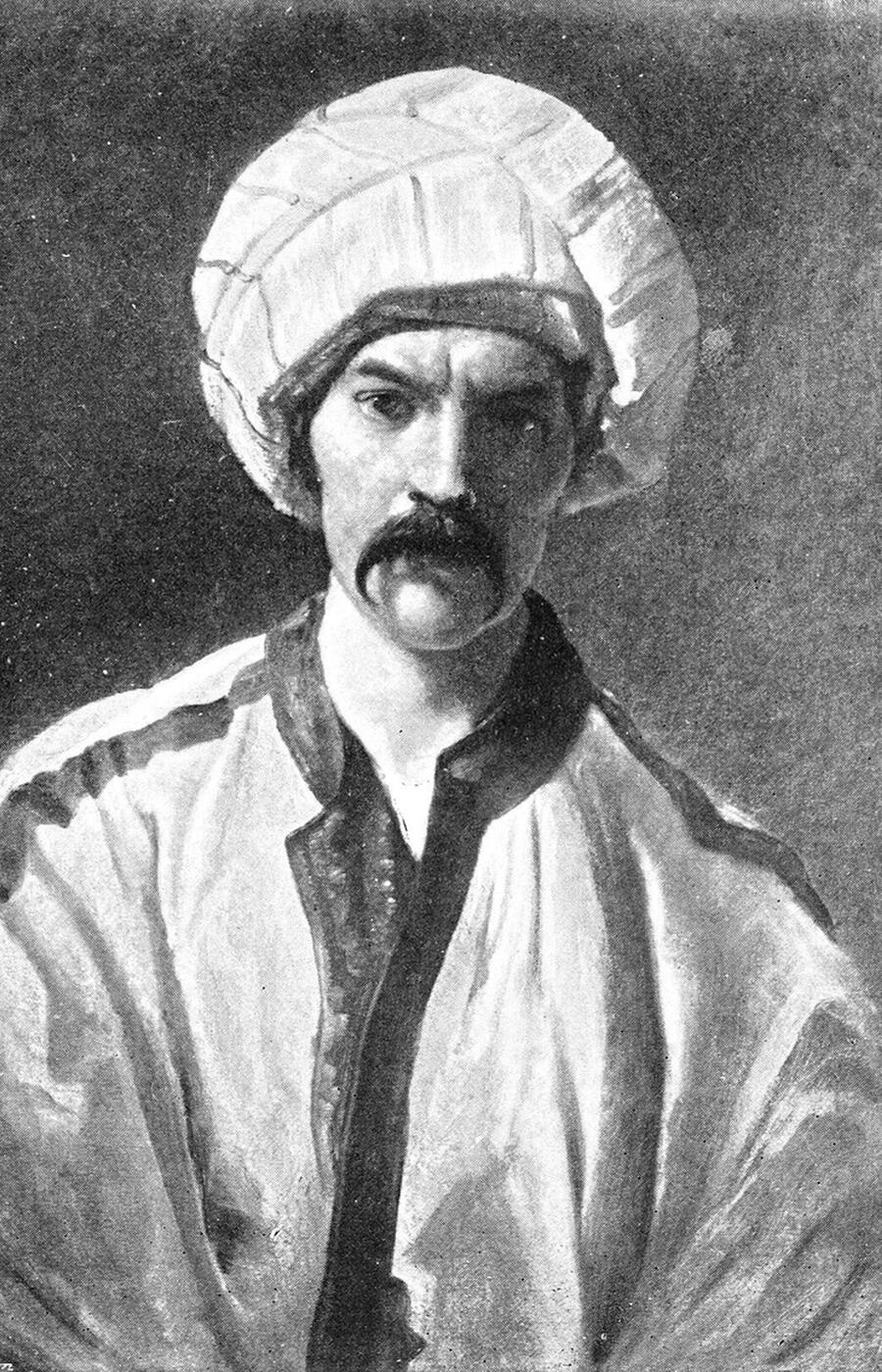
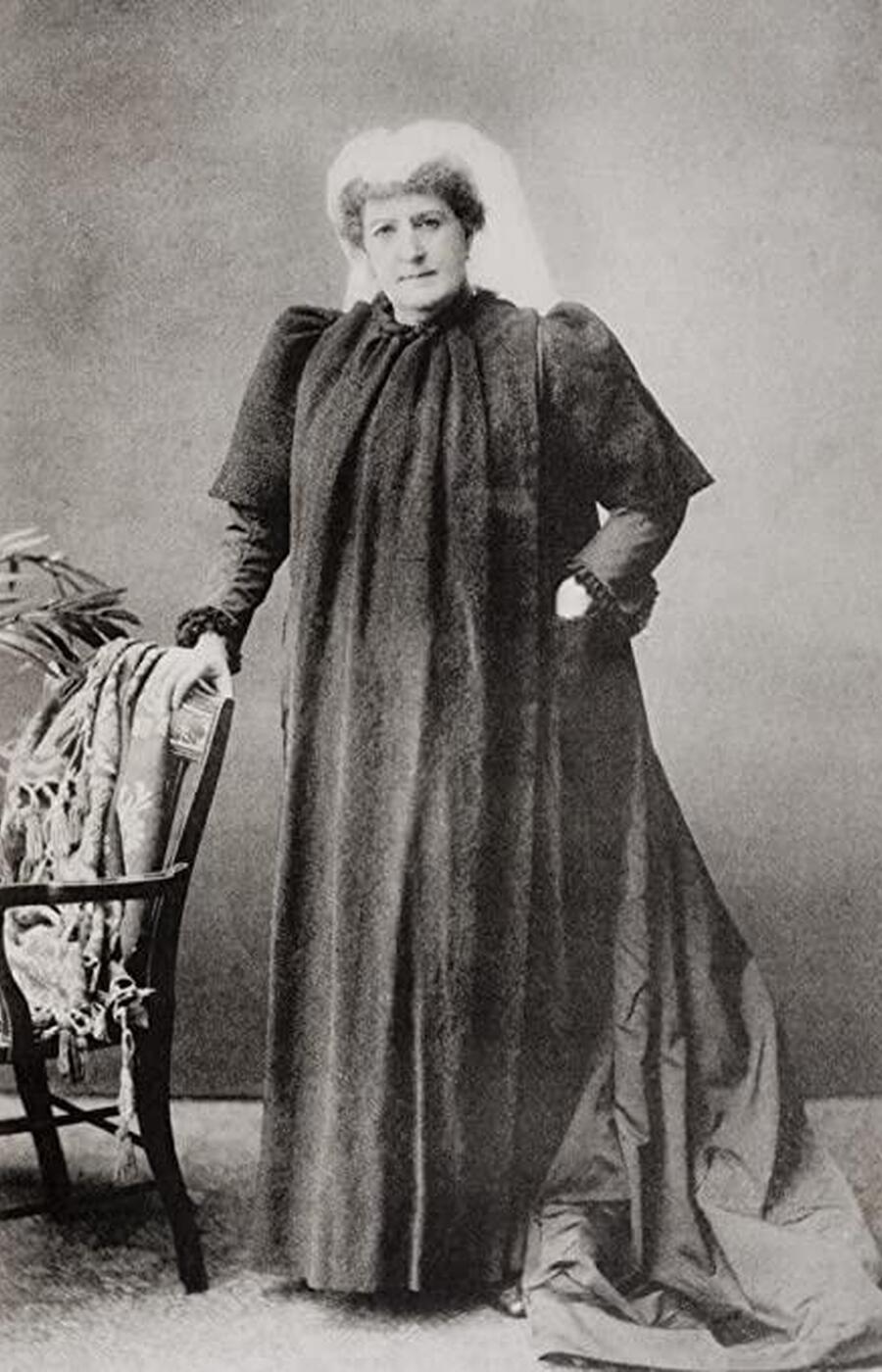
Richard F. Burton
In 1863, he founded the Anthropological Society of London and used the publication Anthropologia to explain certain Eastern views on sexuality that, at the time, caused a scandal among the corseted Victorian society. In his articles, Burton claimed that women enjoyed as much as men and demanded their sexual emancipation. He also believed in polygamy to reinforce the stability of marriage and put an end to prostitution.
In 1864, Richard F. Burton was appointed consul in Santos during the war between Brazil and Paraguay. In 1869, he was posted to Damascus for two years, during which he had to mediate between different conflicts between the Muslim, Christian, and Jewish communities.
In 1872, Burton settled in Trieste, Italy. There he would spend much of his time writing his travel books, translating "The Arabian Nights" and accumulating books (he came to own a total of 8,000 volumes). Throughout his life, Richard F. Burton published forty-three volumes on his expeditions and travels, wrote two books of poetry, more than one hundred articles, and an autobiography. In addition, he translated "The Thousand and One Nights" in a total of sixteen volumes, rigorously translated with personal annotations.
"The Thousand and One Nights" is the most important set of tales in Arabic literature, told anonymously from oral legends. The book tells the story of King Schahriar, who, offended by his wife's infidelity, decides to take revenge on all women. Thinking that they are all the same, he orders a young woman to be brought to him every night to spend the night with him, only to be executed the next day.
Until Schahriar meets Scheherazade, who goes to spend a night with the king and begins to tell him a tale. When dawn arrives, Scheherazade stops in the middle of her tale. The king, intrigued, lets her live another day to finish her story. But when she finishes it, she quickly begins another one that does not end until the next day. Thus, a thousand and one nights until Scheherazade tells him, repentant, that she knows no more stories and that he will be able to forgive her. The king forgives her, and she ends up becoming the sultan's favorite wife.
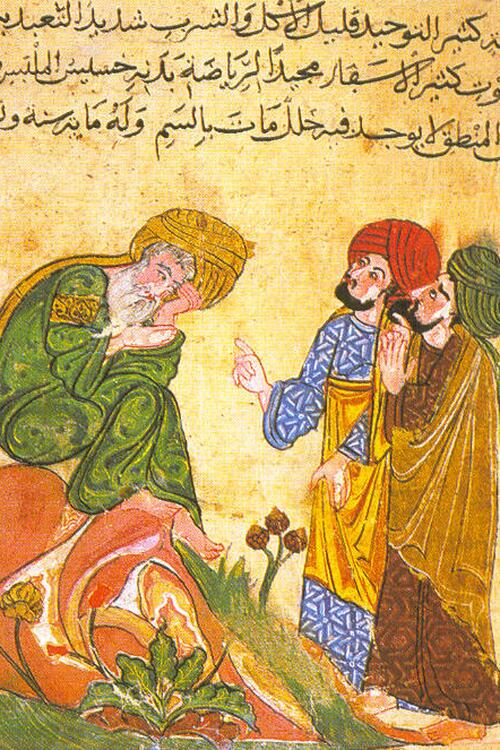
The famous explorer died in 1890, corroded by gout, circulatory diseases, angina pectoris, and the after-effects of poorly cured tropical diseases. His remains were repatriated to London and, as the government did not authorize his body to rest in the pantheon of illustrious men in Westminster, he ended up resting in Mortlake (Surrey), in a famous tomb in the shape of a Bedouin tent designed by his wife, Elizabeth.
